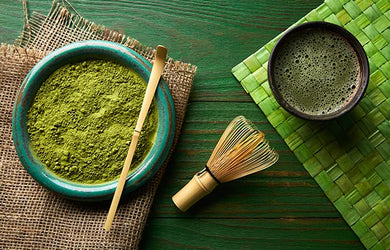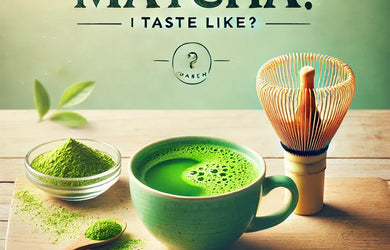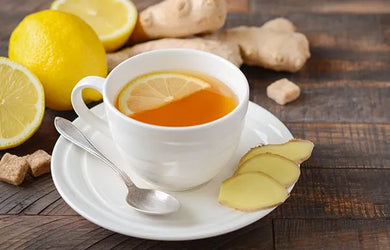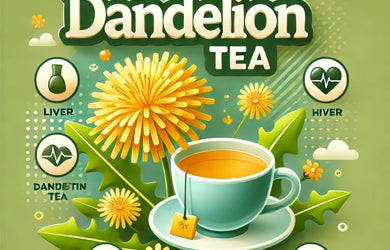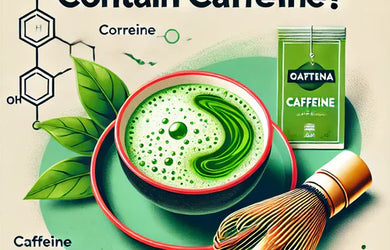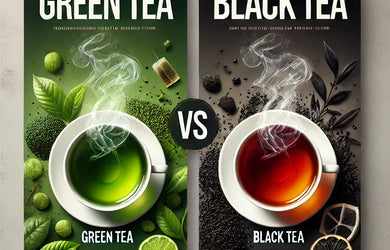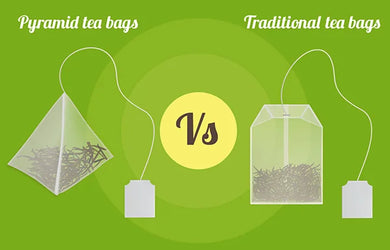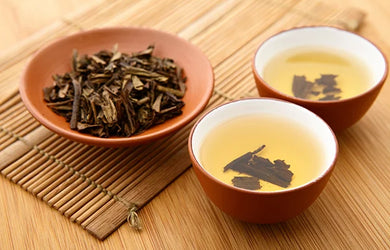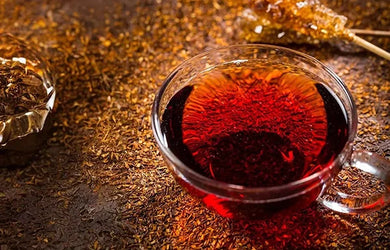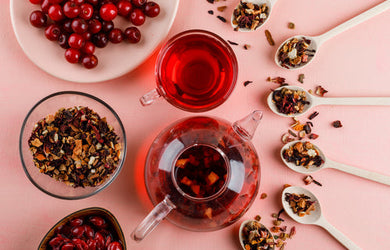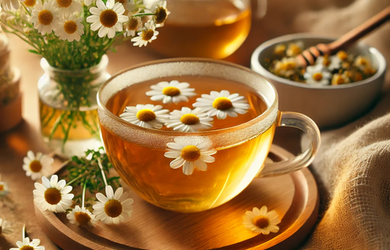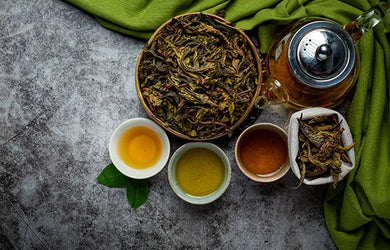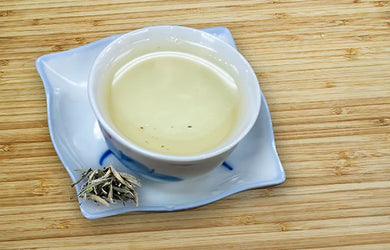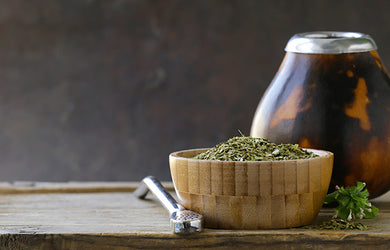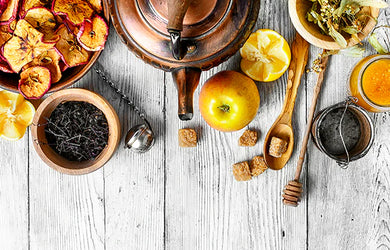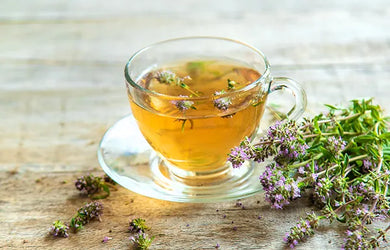Disclaimer :- The health benefits mentioned are drawn from existing research found online and are provided for informational purposes only. They are not intended to substitute professional medical advice, diagnosis, or treatment. It's essential to consult with a qualified healthcare professional before making any changes to your health regimen based on this content.
kombucha seems to be everywhere these days – from cafes to store shelves. this fizzy fermented drink has become so popular that you might even spot your mates brewing their own kombucha tea at home with those strange mushroom-like discs floating in jars.
however, if you’re unsure about this drink and the idea of "fermented tea" sounds a bit intimidating, fear not! it can take a few sips to really appreciate the complexity of the drink, but it almost never fails to be an unforgettable experience.
but what is kombucha and why is it so popular? let’s find out.
what is kombucha tea?
kombucha is a bubbly drink that's been around for ages (over 2,000 years!). it's made with sweetened tea and a special colony of bacteria and yeast called scoby (short for symbiotic culture of bacteria and yeast).
this scoby triggers a transformation of the ingredients, giving kombucha a unique taste that can be a little sour or vinegary, depending on how long it's brewed. it also has some sweetness because all the sugar isn't eaten up by the scoby during fermentation.
but that’s not the only flavour of the drink. in australia, outlets sell a variety of flavours achieved by infusing the drink with fruits, herbs and spices after the initial fermentation. these additions can range from berries and citrus fruits to ginger, mint and hibiscus.
here's a simple rundown of what is kombucha made from:
- tea (black or green) – gives the drink its base and helps the fermentation process with tannins and other compounds.
- sugar – food for the scoby!
- scoby – this is what turns the ingredients into kombucha tea. it produces some organic acids, vitamins and enzymes that add flavour and fizz to the drink. if you’re wondering what scoby looks like – it’s a gelatinous, disc-shaped biofilm composed of beneficial bacteria and yeast.

history of kombucha tea
while the exact origin of kombucha remains unclear (legends from china, japan and russia are the only evidence), the kombucha tea is believed to have originated in northeast china. from asia, kombucha spread along trade routes and reached russia and eastern europe by the early 20th century.
that’s when the first scientific mention of the tea appeared in a russian study. there, kombucha was nicknamed the "tea mushroom" and enjoyed extensive popularity as a health tonic. it gained popularity in several regions, particularly in rural areas where people brewed it at home. however, world war ii and limited supplies sharply reduced its consumption. the 1950s saw a revival in italy, where kombucha spread like a folktale.
over time, kombucha continued to reach new destinations. it reached the united states in the early 20th century, mainly within niche health communities. however, the early 21st century saw a surge in popularity. today, kombucha is commercially produced worldwide.
health benefits of kombucha tea
here's a glimpse into some of the potential health benefits of kombucha tea, along with links to relevant scientific research:
- gut health: try querying your favourite search engine with “what is kombucha famous for?”. you’re most likely to get gut health as one of the top results. that’s because the fermentation process in kombucha gives rise to probiotics, which means it has live microorganisms believed to benefit gut health by promoting a healthy balance of gut bacteria. studies suggest that probiotics like those found in kombucha may help with digestive issues like constipation and diarrhea. a thriving gut microbiome has also been linked to improved overall health.
- antioxidant power: one of the benefits of kombucha tea is due to the presence of antioxidants, namely polyphenols. these neutralise free radicals – unstable molecules that damage cells and contribute to the growth of cancerous cells. by neutralising free radicals, kombucha's antioxidant content might help protect cells from damage caused by free radicals and potentially help reduce the risk of cancer. while there are no confirmed reports on this, studies suggest that its high concentration of antioxidants can positively impact consumers and reduce the risk of this condition.
- immune system support: if you’re wondering what is kombucha’s connection to the immune system – it’s the presence of a healthy dose of b vitamins that’s essential for keeping the immune system functioning optimally. additionally, the organic acids produced during fermentation, such as acetic and glucuronic acid, may possess antimicrobial properties, potentially aiding the body's resistance against harmful bacteria. the polyphenols might also play a role in the immunity-related benefits of kombucha tea. they further strengthen its response to potential threats.
- blood sugar management: some early studies hint that the benefits of kombucha tea might also extend to help those with type 2 diabetes. research suggests it could slow down how carbs are absorbed, possibly helping with blood sugar control. additionally, a small human study showed lower fasting blood sugar in people who drank kombucha daily.
potential risks and side effects of kombucha tea
while kombucha health benefits are very popular, it's important to know the potential downsides. here's a breakdown of some key side effects and risks to consider before reaching for that bottle:
- excessive calories: be careful of the amount of sugar in your drink. it can vary a lot between brands. some kombucha contain a surprisingly higher number of calories due to added sugars or fruit juices. so, consider checking the drink’s label as it’s always better to know what you’re about to consume.
- digestive issues: kombucha's effervescence and natural acidity can trigger digestive discomfort like bloating, gas and stomach upset, particularly for individuals with sensitive digestive systems. it’s recommended to start with small servings and gradually increase the quantity if it goes well with your health.
- sugar overload: the fermentation process uses most of the sugar, but many brands go a step further by adding extra sugars or sugary juices for flavour. this can be a problem as excessive sugar consumption is linked to a variety of health problems, including obesity, type 2 diabetes and fatty liver disease. that’s why, it’s best to go for kombucha varieties with lower sugar content whenever possible.
- infection risk for some: improper fermentation conditions of kombucha might not lead to decontamination, potentially holding harmful bacteria. this poses a risk for individuals with weakened immune systems who should consider avoiding unpasteurised kombucha altogether.
different types of kombucha tea
kombucha comes in two main varieties – plain and flavoured! plain kombucha is the traditional version that’s brewed with just black tea, sugar, water and a scoby. it's a little tangy and slightly sweet since most of the sugar is consumed in the fermentation process.
but then there's flavoured kombucha – this is where the taste gets exciting. after the basic brew is done, brewers add all sorts of fun ingredients like fruits, spices and even flower petals for a flavour mashup. popular choices range from berries, citrus fruits, ginger, turmeric, lavender and many others.
beyond these additives, the base tea used in kombucha fermentation creates variations. for example, black tea kombucha is the most common variety, providing a robust and slightly bitter base flavour. then there are different varieties of green tea that can replace black tea. for example, mao feng or chun mee green tea are used to make mild but outstanding tea varieties with a refreshing undertone. even herbal tea varieties like rooibos or hibiscus are used in kombucha tea recipes to create unique flavours.

conclusion
so, you've braved the details of kombucha tea and hopefully discovered that it isn't some strange drink that somehow got popular! sure, the scoby might raise some eyebrows, but the tea itself is approachable. and with so many flavour options, you’re sure to find a preference hat that grows over time.
when that taste is accompanied by potential kombucha health benefits, there’s no reason to miss out a chance to boost your health. so, whatever sparks your curiosity – the taste, the potential benefits or simply the intrigue, there’s only one way to find out if kombucha tea will become your favourite drink. grab a flavour, take a sip and decide for yourself!
faqs on kombucha tea
q. what is kombucha tea good for?
a. kombucha health benefits are plenty. for example, it’s good for your digestion because it has probiotics. it can also give you a natural immunity boost and help with detoxification. therefore, drinking kombucha can be a refreshing way to support your overall health.
q. is it good to drink kombucha tea every day?
a. kombucha health benefits are so many that it's good to drink it on a daily basis. it can improve your gut health, boost immunity and enhance your overall well-being. however, make sure your kombucha is not too high in sugars and acids. go for a "light" brew to enjoy the benefits without overloading on sweetness and acidity.
q. does kombucha actually help your gut?
a. kombucha can help your gut as it contains probiotics, which are beneficial bacteria that support healthy digestion. these probiotics can improve gut health by balancing your gut flora, aiding in digestion and potentially reducing symptoms of digestive issues like bloating and constipation.
q. when should i drink kombucha?
a. for better digestive health, many experts suggest starting your day with kombucha on an empty stomach. this practice helps efficient delivery of live cultures into your large intestine, supporting better digestion throughout the day. you can even have it after your workouts or as an alternative to mid-day coffee.
Must Read
Black tea benefits | Green tea benefits | Herbal tea benefits | Peppermint tea benefits | Chamomile tea benefits | Rooibos tea benefits | Raspberry leaf tea benefits | Oolong tea benefits | Nettle tea benefits | Benefits of kombucha tea | Cinnamon tea benefits









